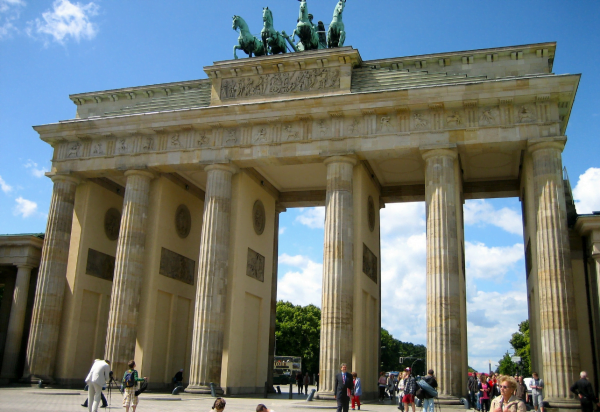ABOUT ADRENALECTOMY
Adrenalectomy is a surgical procedure performed to remove one or both of the adrenal glands. The adrenal glands are located above each kidney and are part of the endocrine system, responsible for releasing hormones into the body, in order to regulate the immune system, metabolism, and blood sugar levels.
Adrenalectomy is performed when there is a tumor on the adrenal gland or if cancer has spread from other areas of the body such as the kidneys to the adrenal glands. If the adrenal gland has a tumor, it can cause the overproduction of hormones which can cause high blood pressure, Cushing syndrome, and Conn syndrome.
If one of the adrenal glands is removed, this is referred to as a unilateral adrenalectomy and if both adrenal glands are removed, it is referred to as a bilateral adrenalectomy. In the case whereby a unilateral adrenalectomy is performed, the remaining adrenal gland will continue to function meaning the patient will not need to take supplemental medication, however after a bilateral adrenalectomy, patients will require life-long medication.
The surgery can be performed as open surgery or laparoscopically. Laparoscopic surgery is the preferred method of surgery where possible as it is minimally invasive, has less associated risks, and has a quicker recovery time than open surgery. However, laparoscopic surgery is not always an option, as larger tumors require open surgery. In some cases the surgery may be performed laparoscopically and require open surgery, meaning the surgeon will need to change their approach, which usually occurs if the tumor is larger than expected or is cancerous.
Recommended for
- Adrenal gland tumor
- Cushing syndrome
- Conn Syndrome
TIME REQUIREMENTS
- Number of days in hospital: 2 – 5 days.
Patients who undergo a laparoscopic adrenalectomy will have a shorter hospital stay than those who undergo an open adrenalectomy.
- Number of trips abroad needed: 1.

COMPARE ADRENALECTOMY PRICES AROUND THE WORLD
| Country | Cost |
|---|---|
| United States | 26000€ |
| Israel | 21450€ |
| Russian Federation | 1112€ |
HOW TO FIND QUALITY TREATMENT ABROAD
BEFORE ADRENALECTOMY ABROAD
Patients should prepare any questions that they have to discuss with the doctor before the surgery. The doctor will assess the patient’s medical history, examine the patient’s latest MRI or CT scan, and discuss the surgery steps.
Patients are usually advised to refrain from eating and drinking in the hours preceding the surgery, in order to prepare for the general anesthetic.
HOW IS IT PERFORMED
Laparoscopic adrenalectomy is performed under a general anesthetic and the patient is placed either on their side or back. The surgeon will then make 3 or 4 small incisions below the rib cage, through which, the laparoscope is inserted. Small tools are then attached to the laparoscope via the incisions and the surgeon will disconnect the adrenal gland from adjoined blood vessels and tie off the vessels. The adrenal canal is then removed through the incisions, the laparoscope and tools removed, and the incisions are then closed with sutures.
Open adrenalectomy is performed in the cases where the tumor is large or is cancerous. The patient is administered with a general anesthetic and an incision is made in below the ribcage. The surgeon will then disconnect the adrenal gland from adjoined blood vessels and tie off the vessels. The adrenal gland is removed and the incision site is closed with sutures.
The removed adrenal gland is sent to the laboratory for testing and the patient is brought to the recovery area to be monitored.
Anesthesia
General anesthetic.
Procedure duration
The Adrenalectomy takes 1 to 2 hours.

WHAT TO EXPECT AFTER ADRENALECTOMY
Post procedure care
After the surgery, patients will have their hormone levels closely monitored. Patients who have both the adrenal glands removed will need to take life-long steroids. Patients usually recover within 2 to 6 weeks of surgery. Patients should avoid heavy lifting or strenuous activity in the weeks proceeding the surgery.
Possible discomfort
Patients are likely to experience some pain and discomfort after the surgery and some patients may experience constipation.
IMPORTANT THINGS TO KNOW ABOUT ADRENALECTOMY
Not recommended for
- Patients with cardiac disease
Potential risks
- Bleeding
- Infection
- Blood clotting
- Scarring
- Damage to surrounding organs
- Risks associated with general anesthesia















